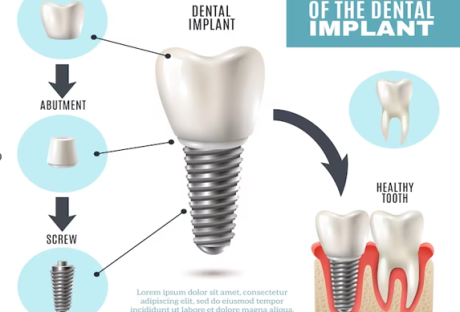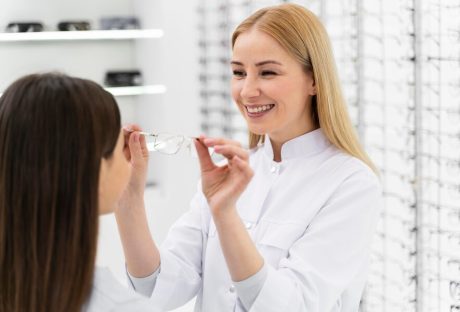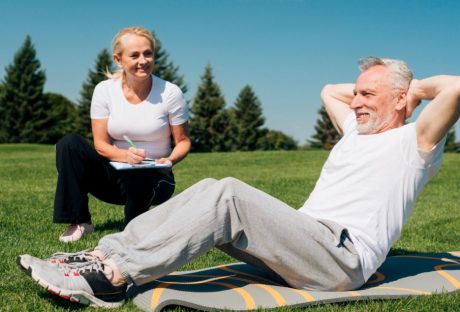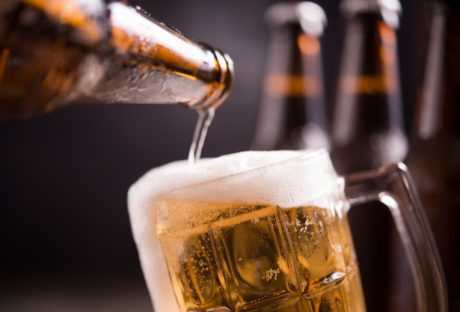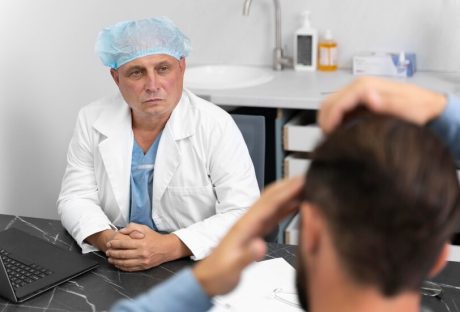A cornerstone of nursing education, the head to toe assessment, often presents a steep learning curve for nursing students. It’s not just about memorizing a checklist. To perform a thorough evaluation, they must integrate observation, patient communication, hands-on examination, and clinical reasoning.
Enter GoReact, the innovative video-based platform that enhances the learning experience by allowing real-time feedback, collaboration, and reflection. With GoReact, mastering the head-to-toe assessment is no longer an uphill battle but an engaging journey.
1. Making The Most Of Simulation
Simulation scenarios are invaluable in nursing education. They offer the safe space students need to develop clinical skills. By recording simulation sessions with GoReact, educators can provide feedback in real-time. They can pause the recording at critical moments to discuss what was done correctly, what needs improvement, and why.
But the benefits don’t stop there. GoReact’s video recording feature allows students to revisit these simulations as often as needed, fostering self-reflection and reinforcing learning.
2. Engaging Through Peer Review
The value of peer review in education is well-documented, and GoReact takes this practice to another level. Students can view and comment on each other’s head-to-toe assessment videos, encouraging collaboration and constructive criticism. This not only solidifies their understanding of the process but also fosters a supportive learning community.
3. Refining Communication Skills
An effective head-to-toe assessment goes beyond just examining the patient—it involves effective communication. With GoReact, educators can focus feedback on students’ communication skills, from their initial approach to the patient to the clarity of their explanations during the assessment. GoReact’s time-stamped feedback means this advice is specific and targeted, giving students clear directions on how to improve.
4. Perfecting Techniques
With GoReact’s capability for slow-motion playback and moment-specific comments, mastering the subtleties of examination techniques becomes easier. Whether it’s the correct use of a stethoscope or the proper palpation technique, educators can provide detailed, specific guidance that students can refer back to, promoting repetition and, ultimately, mastery.
5. Encouraging Clinical Reasoning
GoReact videos can become more complex as students progress, integrating findings that require analysis and decision-making. Educators can pose questions directly in the video comments, asking students to interpret results or predict possible diagnoses. This encourages the development of clinical reasoning, an essential skill in nursing practice.
6. Fostering Professionalism
Finally, GoReact videos provide a platform for teaching and evaluating professionalism. Educators can provide feedback on students’ demeanor, respect for patient privacy, and use of appropriate terminology. These aspects of professionalism are often considered the “soft skills” of nursing, but they are essential for a successful nurse-patient relationship.
Try GoReact Today
In conclusion, GoReact is more than just a video-based learning platform; it’s a game-changer in nursing education. Its multi-dimensional features empower students to engage actively in their learning process, enhance their practical skills, and develop the professional qualities that will set them apart in their nursing careers. More importantly, by enabling a seamless blend of real-time feedback, self-reflection, and peer collaboration, GoReact is redefining how we approach nursing education. With GoReact, the daunting task of mastering the head-to-toe assessment is transformed into an enriching journey of skill development and continuous learning. So let’s embrace this innovation and revolutionize our teaching strategies, helping our students not just learn but excel in their nursing practice.
Read Also:















